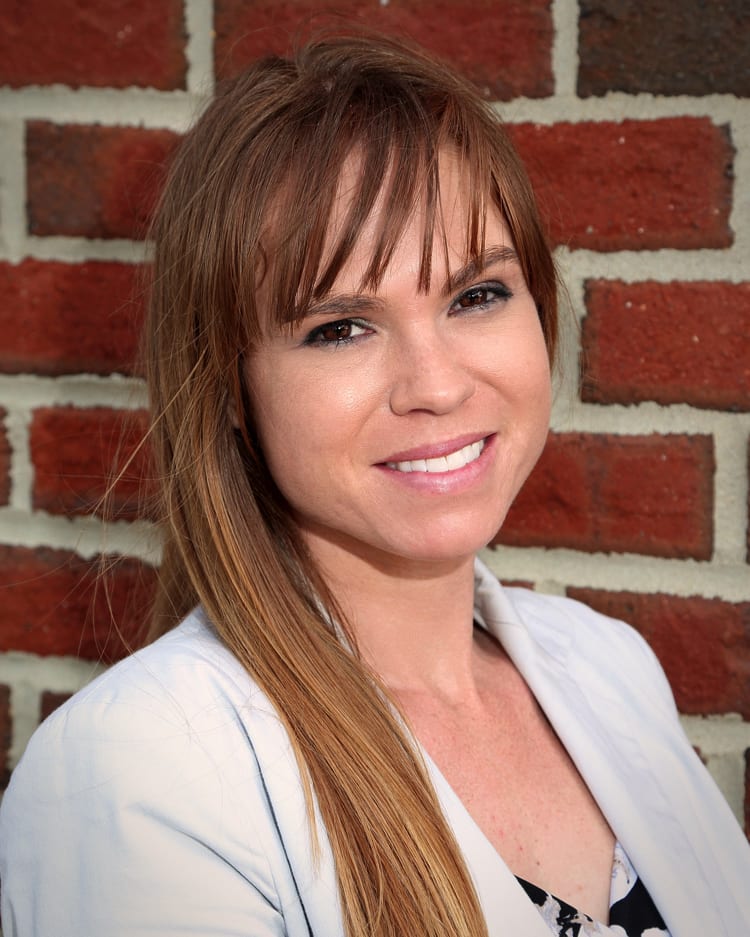
M
919.772.1990
Browse Blog
Listen In
919.772.1990
Browse Blog
Listen In
Quick Links
Services
Medication Management
One80 Locations

By Emily Fry, LCMHC, LCAS, NCC
Clinical Director of Substance Use Intensive Outpatient Program
Recovery is not a straight line, it’s a journey marked by growth, setbacks, learning, and resilience. One of the most powerful principles that supports this journey is the idea of progress, not perfection. It’s a reminder that healing doesn’t require flawlessness; it simply requires movement in the right direction.
For many in recovery, whether from addiction, trauma, mental health struggles, or other life challenges, the pressure to be “perfect” can become a heavy burden. It can lead to shame, guilt, and discouragement when inevitable mistakes or relapses occur. But recovery isn’t about getting everything right; it’s about not giving up when things go wrong.
Progress, not perfectioninvites compassion. It encourages individuals to celebrate small victories, recognize effort, and keep going even when the road gets tough. It shifts the focus from unrealistic expectations to daily, manageable goals. A single step forward—no matter how small—is still a step away from the past and toward a better future.
This mindset builds resilience. It empowers people to learn from their experiences rather than be defined by them. It transforms failure into feedback and turns setbacks into setups for growth.
In recovery, perfection is not only unattainable, it’s unnecessary. What matters most is the courage to try again. Progress, no matter how slow, is still progress. And in that, there is hope.

Emily Fry
Emily is a Licensed Clinical Mental Health Counselor, Licensed Clinical Addictions Specialist, National Certified Counselor, and EMDR Trained Therapist. She earned her Master’s degree in Clinical Mental Health Counseling from the University of North Carolina at Pembroke and her Bachelor’s degree in Business Administration from the University of North Carolina at Wilmington.
For real. Like, when you go into an office, room, or place, do you leave feeling…agitated? But can’t quite put your finger on why? Then later you think, “It was the vibe of the place. That’s what it was!” And after you think about what the vibe was, it dawns on you.
I’ve noticed that some clients think therapists are magicians and that therapy is magic. And if the magic doesn’t kick in after one or two sessions (3 tops!), then therapy isn’t working. Now the thing is, therapy can begin to “work” after one or two sessions, depending on the client and the presenting problem. It may even work after one session, and this is where therapy can be magical–if we understand what the magic really is.
I used to want to live a life without regret. That was my actual goal. By a life without regret, I meant a life with a clear conscience. A life where I don’t make stupid or avoidable mistakes that have lasting consequences. And that is still my goal. But I stumbled on something in my time of meditation: